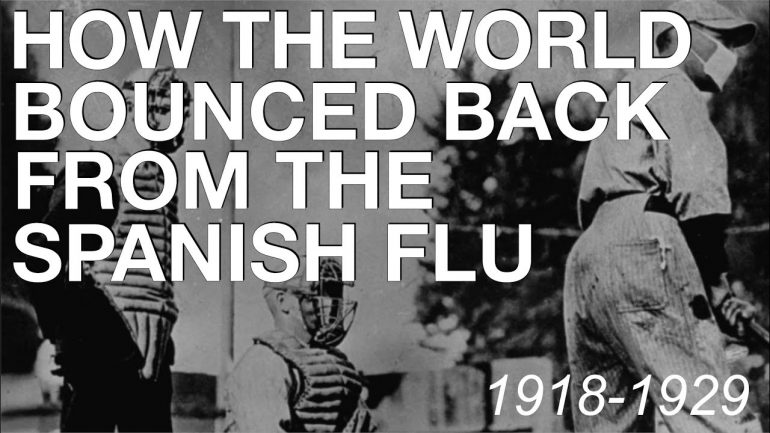Just over 100 years ago a deadly pandemic, known as the Spanish Flu swept across the face of planet Earth, similar enough to Coronavirus (Covid-19) except for the fact it killed anywhere between 20 and 100 million people. Potentially far more than World War I immediately preceding it. Yet until recently, this was a forgotten pandemic, very much downplayed by governments and various media outlets all over the world.
It was known as the Spanish Flu, it got this name simply because the Republican leadership in Spain as the time continued to report on it when other governments just outright refused. It’s only in the last few decades that the sheer scale and historical significance of such an outbreak has been realised. It potentially had just as much impact on humanity as the First World War which saw 15 – 30 million people lose their lives.
Like earlier pandemic in history all the way back to the plauge of Athens (430 B.C. – 75 – 100 thousand deaths), Antonine Plauge (165 – 180 A.D. – 5 million deaths), Plauge of Justinian (541 – 549 A.D. – 25 – 100 million deaths), and most famously The Black Death (1346 – 1353 A.D. 75 – 200 million deaths) this was a deadly desise particularly for people who had almost no knowledge of how to fight it, killing of huge swathes of the population.
Between 1918 and 1920 somewhere between a half and two thirds of the world’s population were infected with an indescriminate death rate of around five percent nowhere near that of the Black Death but enough all the same. In the much more interconnected world of the 20th century, the young were affected just as much as the old. On a whole, the majority of people survived which is precisely why the Spanish Flu was so deadly, allowing it to spread to every corner of the globe.
Directed by: History Time





History is a very good thing; to remember.
no fucking shit sherlock